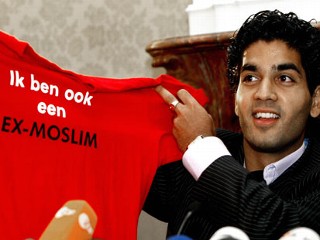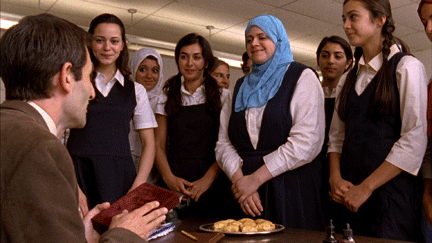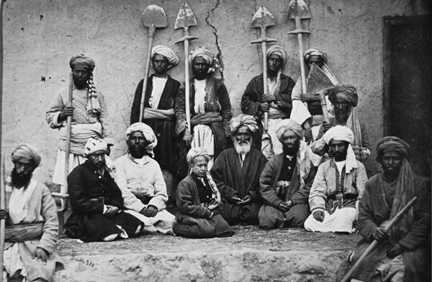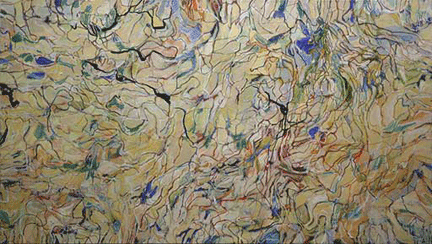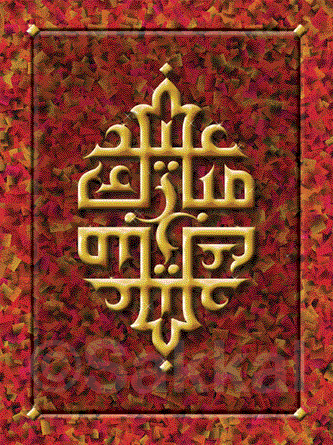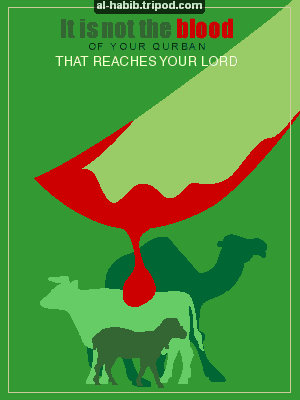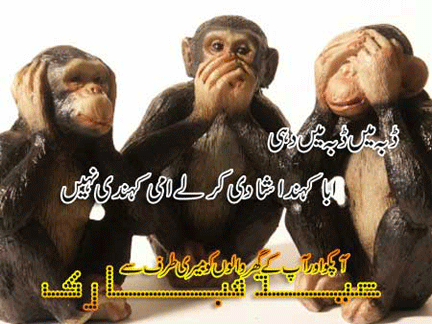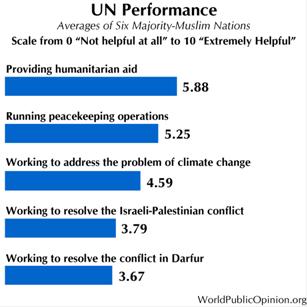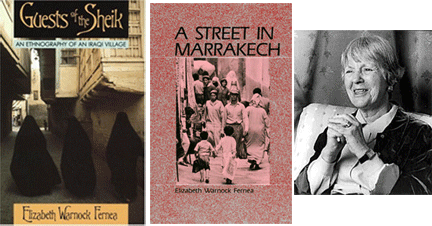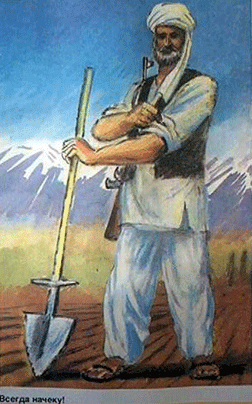
By Naeem Wardag, Indus Asia Online Journal, December 3, 2008
Since the Afghan War, important power quarters in Pakistan have been propagating a particular interpretation of the security situation in Afghanistan through a variety of means ranging from the vociferous propaganda of the religious right to the more subtle works and ways of the allied experts strategically deployed here and there. Joined the campaign lately have also some ideologues of the liberal left-in particular from Punjab – whose paradigm of the class-struggle fully converge with the “cosmic struggle metaphysics†of the extreme religious right at this point of time as far as their analysis of the problem is concerned. Continue reading Tariq Ali, Pashtun Nationalism, and Taliban
